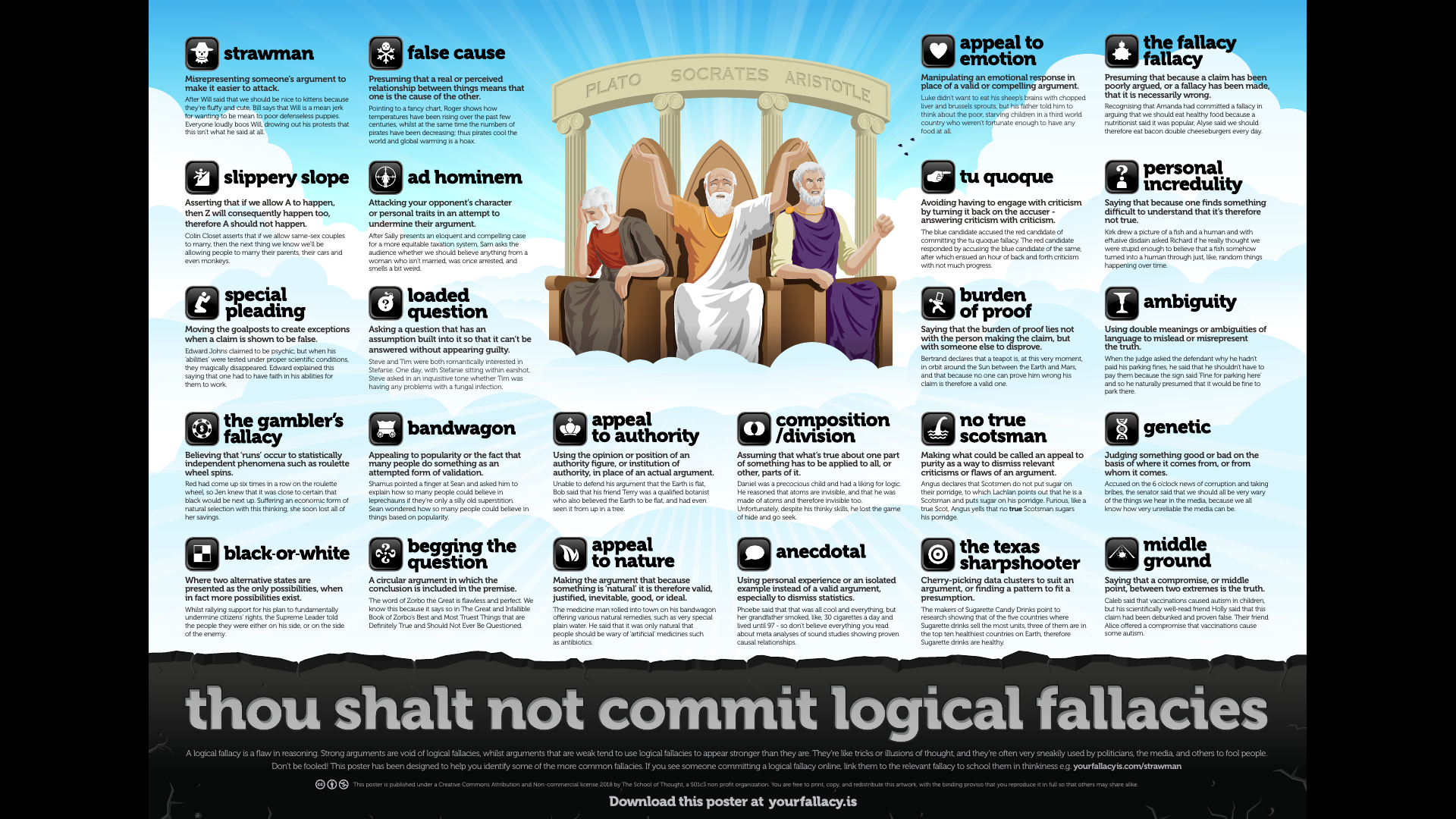
Hawkins / Irrtum
Inhaltsverzeichnis: (verbergen)
|
Platting mit 8 Buchten dreifach |
|
Ein Mann will ein Bild aufhängen. Den Nagel hat er, nicht aber den Hammer.
Der Nachbar hat einen. Also beschließt unser Mann, hinüberzugehen und ihn auszuborgen. Doch da kommt ihm ein Zweifel: "Was, wenn der Nachbar mir den Hammer nicht leihen will? Gestern schon grüßte er mich nur so flüchtig. Vielleicht war er in Eile. Aber vielleicht war die Eile nur vorge- schützt, und er hat etwas gegen mich. Und was? Ich habe ihm nichts angetan; der bildet sich da etwas ein. Wenn jemand von mir ein Werkzeug borgen wollte, ich gäbe es ihm sofort. Und warum er nicht? Wie kann man einem Mitmenschen einen so einfachen Gefallen abschlagen? Leute wie dieser Kerl vergiften einem das Leben. Und da bildet er sich noch ein, ich sei auf ihn angewiesen. Bloß weil er einen Hammer hat. Jetzt reicht's mir wirklich."' – Und so stürmt er hinüber, läutet. Der Nachbar öffnet, doch bevor er "Guten Tag" sagen kann, schreit ihn unser Mann an: "Behalten Sie sich Ihren Hammer, Sie Rüpel!" |
| Quelle: ► Paul Watzlawick (1921-2007) österreichisch-US-amerikanischer Kommunikationswissen- schaftler, Psychotherapeut, Psychoanalytiker, Soziologe, Philosoph, Autor, S. 37-38, Anleitung zum Unglücklichsein, Piper Verlag, München, Erstausgabe 1983, 1988, 15. Auflage November 2009 |
| Siehe auch: ► Zweifel und ► Geschichtensammlung |
|
| Siehe auch: ► Gruppenstrukturen (Stämme) in Firmen und der Gesellschaft – David Logan |
Personal avowals
Subjectivity – Context –
Consciousness – Causality
How can error be prevented or corrected?
I. Reality and Subjectivity, S. 393, 2003
Self refuting statements, Cult FAQ, presented by NZ Cult List 1999-2015
Being - Doing - Having
Schlussfolgerungen
Einsichten
|
Literaturzitate
Gedichte
|
Maria vom Knoten |
Appeals
Conclusions
Insights
|
Literary quotes
 24 most common logical fallacies |
| Reference: ► Panel discussion and summarized documentary False Memory Syndrome Foundation is a paedophile front connected to the CIA – NAMBLA & Freemasonry, YouTube film, 21:31 minutes duration, posted 27. November 2015 |
| Source: ► Book by Thomas James Norton, The Constitution of the United States. Its Sources and Its Application, 1922, 1964, Forgotten Books, paperback edition, 25. June 2012 In the Articles of Confederation it is mentioned that "it has pleased the Great Governor of the world to incline the hearts of the legislatures we respectively represent in Congress to approve and to authorize us to ratify the said Articles of Confederation and perpetual union." |
| Reference: ► Article Where is God in the Constitution?, presented by the publication freerepublic Faith and Action, David W. New, Esq., November 2004 |
|
|
| Sources featuring Carol Tavris, Ph.D. (*1944) US American social psychologist, author, Elliot Aronson (*1932) US American psychologist, author ► Book: Mistakes Were Made (But Not by Me). Why We Justify Foolish Beliefs, Bad Decisions, and Hurtful Acts, Mariner Books, reprint edition March 2008 ► Audio interview Carol Tavris on Mistakes and Skeptics, episode #55, presented by the US American web radio station Skeptiko Science at the tipping point, host Alex Tsakiris, 50:12 minutes duration, 23 MB, aired 14. October 2008 ► Audio interview Mistakes Were Made, presented by the US American radio show For Good Reason in association with the skeptic James Randi Educational Foundation, host D. J. Grothe (*1973) US American speaker, writer, YouTube film, 57:43 minutes duration, posted 30. December 2011 ► Video interview Interview with Carol Tavris, presented by the Action Studies Institute, host, founder and director Ken Low, recording and editing by Hidden Story Productions, Vimeo film, 1:05:47, posted 14. June 2013 |
| Further written references: ► Book Shankar Vedantam, Indian US American science correspondent for the non-commercial US American media organization National Public Radio (NPR), The Hidden Brain. How Our Unconscious Minds Elect Presidents, Control Markets, Wage Wars, and Save Our Lives, Spiegel & Grau, 19. January 2010 ► Article Cognitive Dissonance: A Spiritual Perspective, presented by the publication Mediate, Barbara Stuart, date unknown ► Blog article Cognitive bias cheat sheet. Because thinking is hard., presented by the blogspot Better Humans, Buster Benson, 1. September 2016 1. We don't see everything. 2. Our search for meaning can conjure illusions. 3. Quick decisions can be seriously flawed. 4. Our memory reinforces errors. ► Article The Cognitive Biases Tricking Your Brain. Science suggests we're hardwired to delude ourselves., presented by the US American magazine The Atlantic, Ben Yagoda, September 2018 |

self and not-self clashing
Links zum Thema Irrtum / ErrorLiteratur
Literature (engl.)
Externe Weblinks
External web links (engl.)
Audio- und Videolinks
|
Wiki-Ebene
Englisch Wiki
1 Leon Festinger (1919-1989) US American social psychologist, known for cognitive dissonance and social comparison theory, A Theory of Cognitive Dissonance, Combined Academic Publishers, 31. December 1957, Stanford University Press, 1962 ⇑
2 Jean-Claude Duvalier [Baby Doc] (1951-2014) Haitian dictatorial president (1971-1986), overthrown by a popular uprising, believed himself to introduce democracy in Haiti. ⇑
3 Ignaz Semmelweis, M.D. (1818-1865) Hungarian physician, pioneer of antiseptic procedures ⇑
4 Congressional testimony [confession] on the financial crisis, 2008 by Alan Greenspan 23. October 2008:
"Those of us who have looked to the self-interest of lending institutions to protect shareholder's equity – myself especially – are in a state of shocked disbelief. I have found a flaw [in my free-market ideology]. I don’t know how significant or permanent it is. But I have been very distressed by that fact. […] I have been going for 40 years or more with very considerable evidence that it was working exceptionally well."
Daniel Kahneman, Ph.D. (1934-2024) Israeli-American professor of psychology, Princeton, founder of behavioral economics, Nobel laureate in economic sciences, 2002, commenting Alan Greenspan's confession, How Greenspan's Framework Went Awry, YouTube film, minute 0:10, 3:03 minutes duration, posted 23. February 2009:
[Paraphrased] My theory of the world was wrong. My framework was wrong. I expected financial firms in particular to protect their interests and to protect their longterm survival. I did not expect them to engage in what turned out to be potentially suicidal policies. ⇑
5 Carol Tavris, Ph.D. (*1944) US American social psychologist, author, Elliot Aronson (*1932) US American psychologist, author, Mistakes Were Made (But Not by Me). Why We Justify Foolish Beliefs, Bad Decisions, and Hurtful Acts, Mariner Books, reprint edition March 2008 ⇑